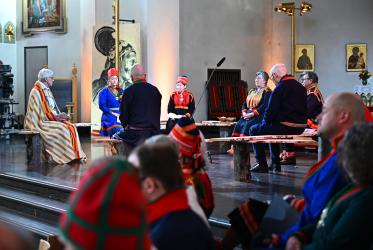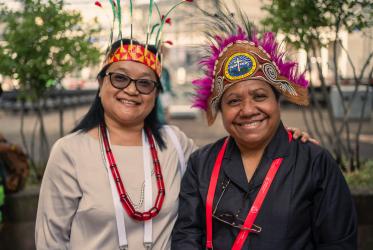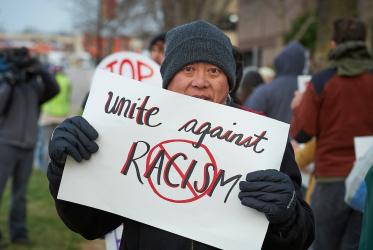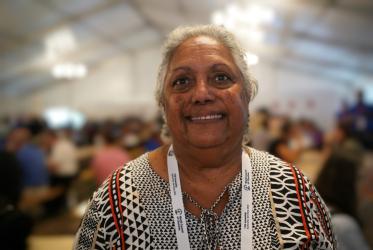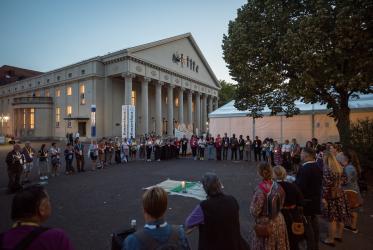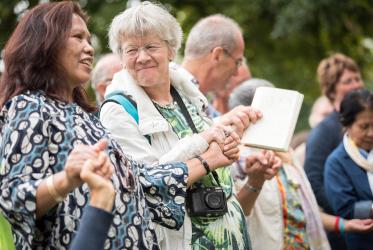Displaying 41 - 60 of 531
WCC helps churches connect with UN on racial justice issues
09 November 2022
Theological education in Africa promotes social transformation
03 November 2022
Church of Sweden apologizes to Sámi people, this time in Sápmi
27 October 2022
Indigenous women struggle for identity in Asia and beyond
05 September 2022






